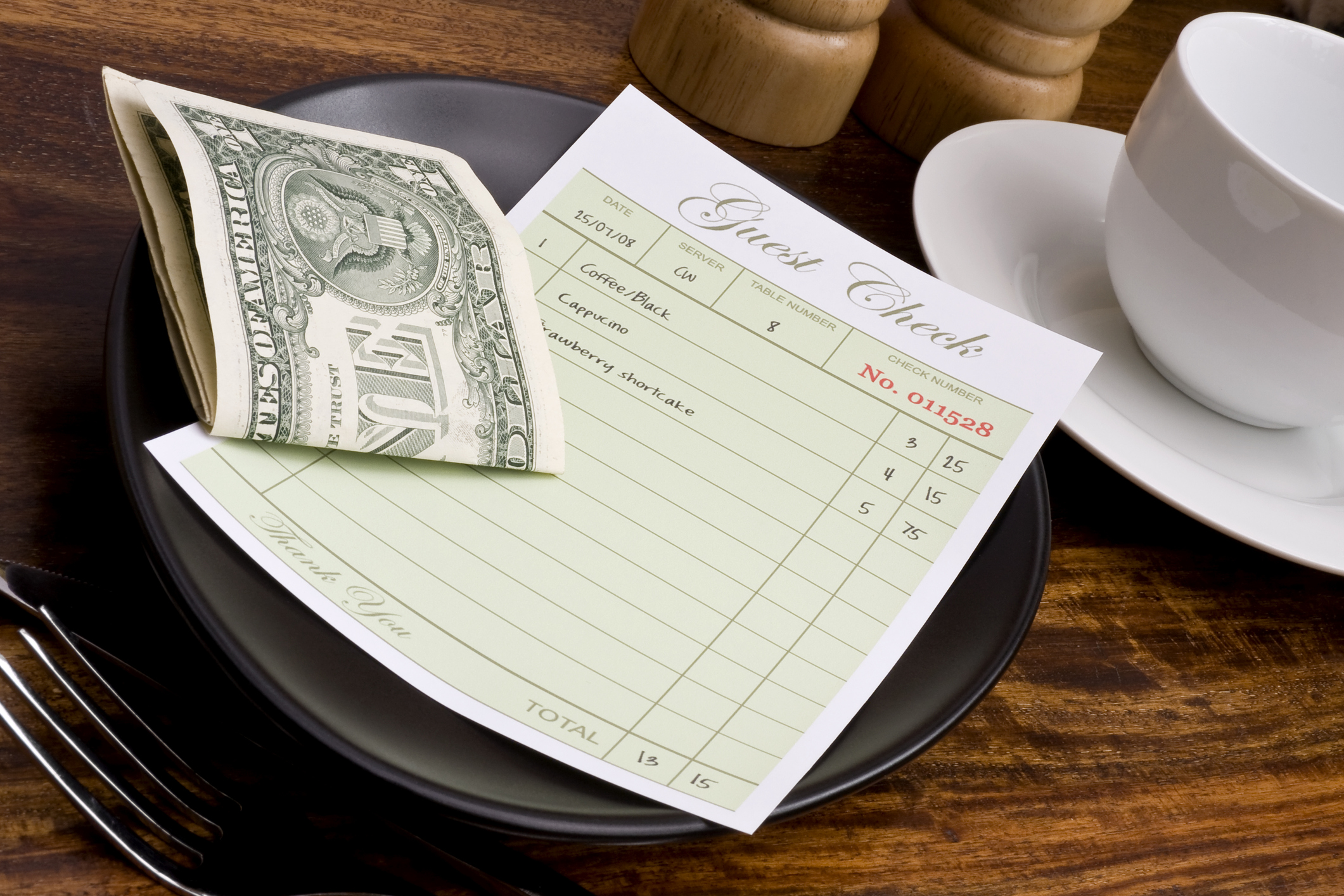
The evolving complications of food, meal, and entertainment deductibility are really a sore point for many small business owners. We are not going to blame the IRS for this one – rather, some people in Congress seem to suffer from an unbearable fear that somewhere, someone is having fun, and fun can’t be deductible.
However, with the passing of the Consolidated Appropriations Act of 2021 (the ‘CAA’), it seems as though Congress was willing to allow a bit more “fun” (specifically in the form of conducting business during a shared meal) to be deductible over the next two tax years. In this post, we’ll review the rules that apply to your taxes for the 2020, then outline the changes for tax years 2021 and 2022.
(Quick clarification: While we speak herein of dining with a “client”, in reality the rules apply to anyone you “reasonably expect to do business with” which can include a customer/client, supplier, employee or potential employee, partner, or advisor.)
General rules:
- Always keep receipts (The IRS says receipts are required for meals over $75, but this bookkeeper is telling you to keep ‘em all!).
- On the receipt, write the name and title of the client and how the meal relates to your business.
- Entertainment – defined as “any activity generally considered to provide entertainment, amusement, or recreation”– is not deductible (see aforementioned unbearable fear of someone having fun). If you do take your client to an event, get a separate receipt for the food to keep the records clear; if the food is lumped in with the “fun” on one bill, none of the expense is deductible. NOTE: There are specific rules for things like the buffet in a skybox, so be sure to review those rules carefully.
- The meal cannot be “extravagant”.
- You or your employee must be present at the meal (sending your client take-out is not deductible).
- The meal must be provided to the taxpayer and/or client (if a spouse is at the meal, you must not include the spouse’s costs as a deductible expense).
The IRS allows these expenses to be deducted at 100% of cost for 2020:
- Meals for employees working outside normal business hours due to necessity.
- Food and beverages given out free to the public.
- Food and beverages for events you host for your employees (i.e., holiday parties).
The IRS allows these expenses to be deducted at 50% of cost for 2020:
- Business meals with clients.
- Office snacks (Note: you do not have to include these purchases as income for your employees).
- Meals consumed during business travel.
- Meals out with less than half of company employees.
Now the good news: For tax years 2021 and 2022, the CAA allows for 100% deductibility of business-related food and beverage incurred at restaurants (including on business travel). This new rule is a lovely little bread crumb recognizing the devastating impact on the restaurant business due to COVID-19.
Detailed regulations on the new deductibility breakdown have not been released yet, so be cautious. In particular, there is some confusion as to the IRS definition of “restaurant” for this purpose – for example, it’s unclear how the IRS would view the deductibility of the purchase of take-out snacks from a coffee shop for the employee break room. Stay tuned!
